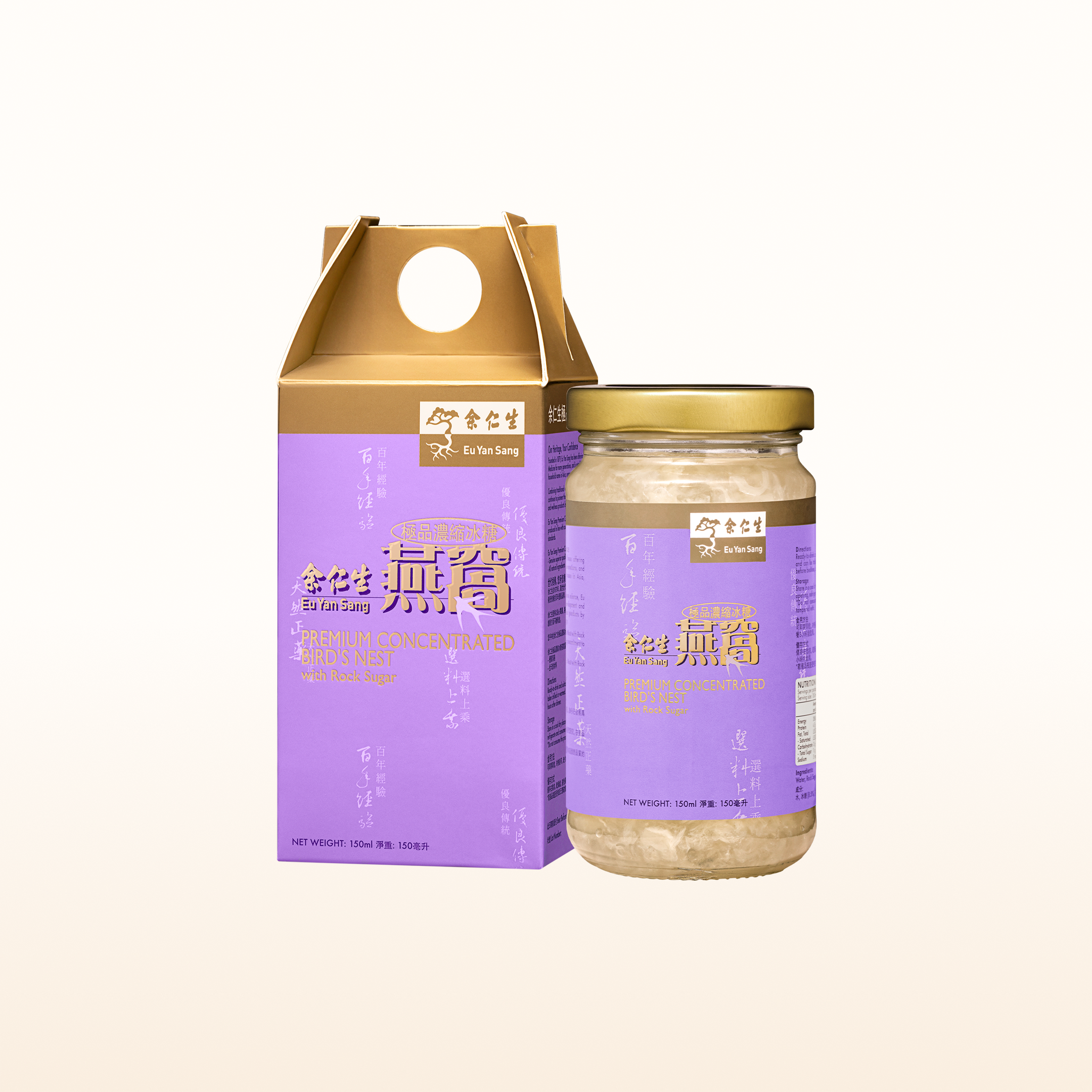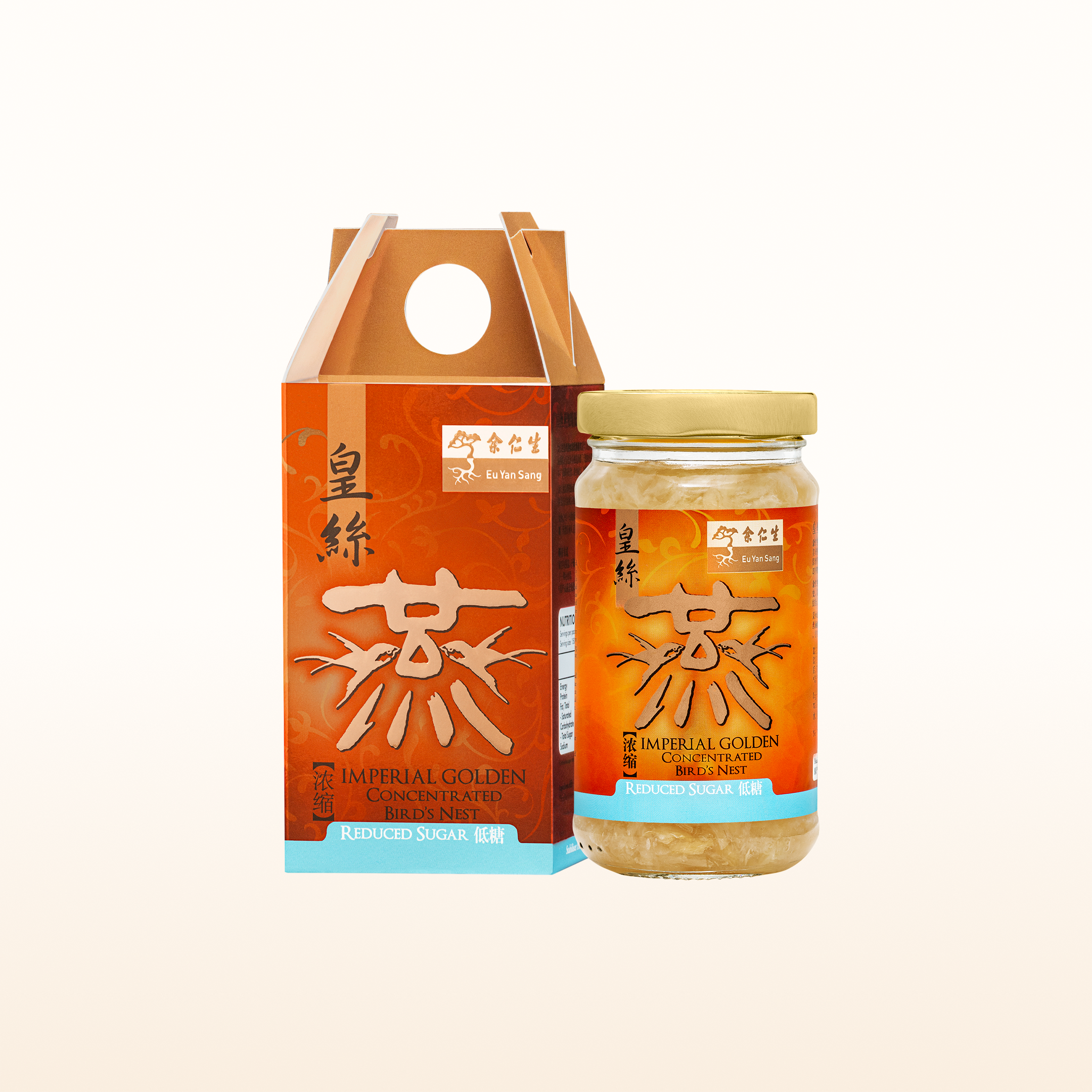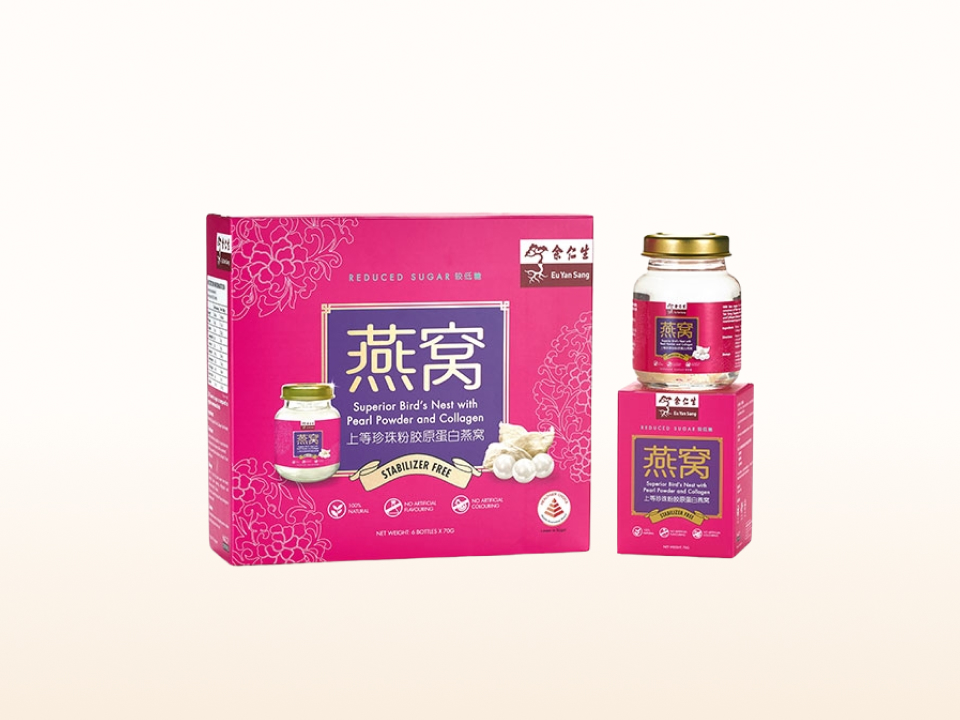Anti-Inflammatory Diet
Health Benefits Of An Anti-Inflammatory Diet
Posted on 7 Nov 2022

Inflammation is part of the body’s natural defense system and healing process. However, when it becomes chronic, instead of helping protect you from disease and injury, it can cause serious health problems.
Chronic inflammation happens when the body is out of balance, because of diseases such as diabetes or obesity, or if the immune system is over-stimulated.
In Western countries, inflammatory diseases such as allergies, asthma, and autoimmune diseases are more and more common. Dietary habits play a part. Processed food and a lack of fiber and nutrient-rich foods, like fruits and vegetables, fuel chronic inflammation and disease.
Studies that show an anti-inflammatory diet plan containing nutrient-rich foods may be a powerful tool to help you damp down harmful inflammation and prevent disease.
Traditional Chinese Medicine (TCM) and Western medicine have effective ways to counteract inflammation. Chief Physician Chu I Ta from the Real Health Medical Clinic explains the advantage of using anti-inflammatory diets to restore balance to your body.
What Is Inflammation And How Does It Affect The Body?
 Swelling and high temperature are the symptoms of inflammation in your body.
Swelling and high temperature are the symptoms of inflammation in your body.The body’s defense system uses inflammation to protect the body. However, too much inflammation for too long a time can cause a discomfort, joint pain, tissue damage and illness. Common signs of excess inflammation are persistent redness, pain, swelling, and heat, lasting for more than a few weeks. Some examples are skin inflammation in psoriasis, joint inflammation in gout and Rheumatoid Arthritis, kidney inflammation in lupus, gut inflammation in irritable bowel syndrome (IBS), and gland inflammation in Sjogren’s syndrome. To counteract these effects, an anti-inflammatory diet plan can be essential.
What Is Inflammation From A TCM Perspective?
TCM recognizes inflammation is related to balance in the body. Physician Chu says that the relationship between inflammatory symptoms and systemic balance can be seen in heat syndrome, for example. It presents as a fever that is experienced in acute inflammation, perhaps related to an infection. Inflammation is also seen in cold syndrome. That’s when you get cold limbs during winter or cold weather and experiences loose watery stools after eating cold and raw foods or fruits.
Inflammation-related symptoms also include phlegm, dampness, and blood stasis, which are classified as metabolic waste product in TCM perspective. They may be symptoms of deficiency syndrome, a condition in which the body is devoid of nutrients and feels tired or sleepy easily. When the body is weak, it also cannot get rid of waste. For instance, the waste products of gout are phlegm and damp, and will not allow the body to get rid of uric acids. This eventually leads to inflammation, since the body cannot find a balance.
Who Can Benefit From An Anti-Inflammatory Diet?
 Old or young, an anti-inflammatory diet can be beneficial for everyone — especially for those who have ailments.
Old or young, an anti-inflammatory diet can be beneficial for everyone — especially for those who have ailments.Most people with recurring or chronic inflammation, causing achy joints, repeated ulcers in the mouth and throat, or autoimmune disease, can benefit from an anti-inflammatory diet plan. In TCM, it is designed to help anyone who is seeking a balance in the body due to inflammation.
The COVID-19 Benefit
Since the rise of COVID-19 scientists have been studying how a protein in this virus produces an inflammatory response to the infection. An anti-inflammatory diet plan could be vital to help prevent COVID-19 infection and reduce the severity of the disease.
Who Should Avoid An Anti-Inflammatory Diet?
Anti-inflammatory diets are generally safe for everyone to consume, but people with poor digestion may need to be more careful when taking too many green or high-fiber vegetables. They can cause digestive upset.
Does The Anti-Inflammatory Diet Suit The “Balance Your Plate” Principle In TCM?
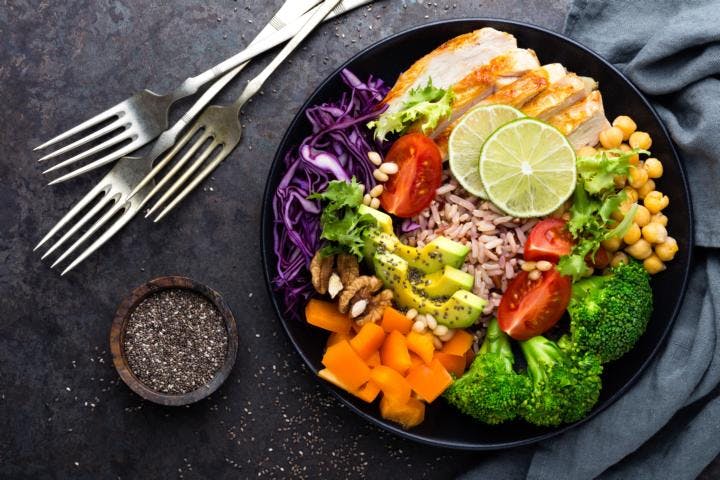 An anti-inflammatory diet with a balanced plate will result in a well-balanced body.
An anti-inflammatory diet with a balanced plate will result in a well-balanced body.Balancing your plate — just like balancing your body — is key for a healthy, anti-inflammatory diet and coincides with TCM’s dietary point of view, according to physician Chu. In Western terms, a balanced plate is half-filled with vegetables; a fourth is filled with whole grains; a fourth is with protein; you use healthy plant-based oils and drink water, tea or coffee.
The Anti-Inflammatory Diet
Types Of Food
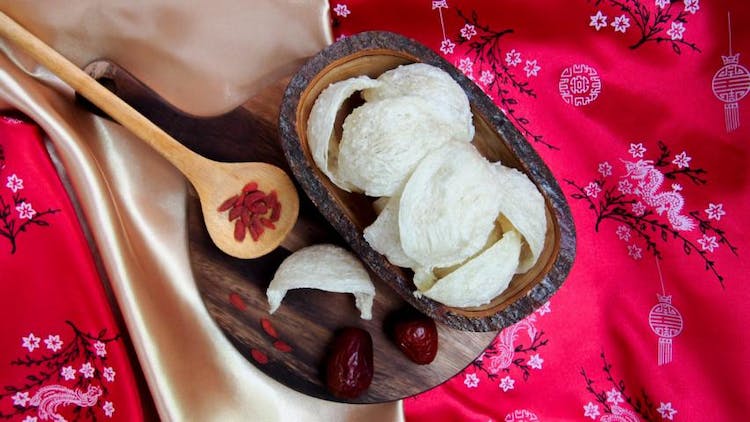 Bird’s nest contain anti-inflammatory properties that can help the skin and lungs
Bird’s nest contain anti-inflammatory properties that can help the skin and lungsA balanced, anti-inflammatory diet contains colorful vegetables (non-starchy). Those that provide inflammation-fighting antioxidants include spinach, broccoli, garlic, onion, ginger, tomato, pumpkin, avocado, nuts, almonds and beetroot. The diet also contains foods rich in omega-6 and omega-3 fatty acids. Fish such as mackerel, salmon, sardines, and tuna are good sources of omega-3s and soybeans, nuts and seeds contain omega-6. The TCM remedy, Bird’s nest, has a neutral property that aids in the reduction of phlegm and produces anti-inflammatory responses in the skin and lungs. You can consume bird’s nests chilled or warmed.
Herbs And Antioxidants
Most herbs can be used to fight persistent inflammation symptoms, depending on your medical history and symptoms. The herbs commonly found to have antioxidant properties are:
- Gingko leaves (yin xing ye)
- Ginseng (ren shen)
- Goji berry (gou qi zi)
- Ganodorma lucidum (ling zhi)
- Gynostemma pentaphyllum (jiao gu lan)
- Schisandra fruit (wu wei zi)
- Notoginseng (san qi)
- Fleeceflower root (he shou wu)
- Salvia root (dan shen)
- Atragalus (huang qi)
- Rhodiola rosea (hong jing tian)
- Cndium (chuan xiong)
- Turmeric (jiang huang)
Type Of Foods To avoid
- Sugar — cakes and ice creams
- Diary products
- Trans fats
- Processed food and meats
- Alcohol
- Red meat
- Refined grains
- MSG products
Before starting any meal plan or diet it is crucial that you understand what your body needs and can consume. Everyone processes foods and nutrients differently, so keep in mind your medical history, any chronic symptoms, and allergies to certain herbs and foods you might have before starting an anti-inflammatory diet. You also want to know your TCM diagnosis so you can individualize your nutritional plan. So, consult a doctor and TCM physician before starting this or any new diet.
